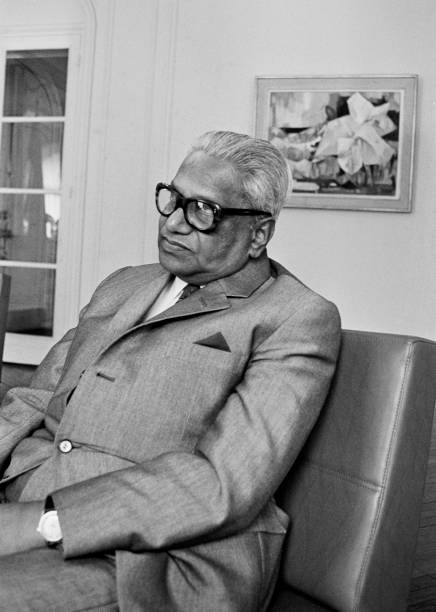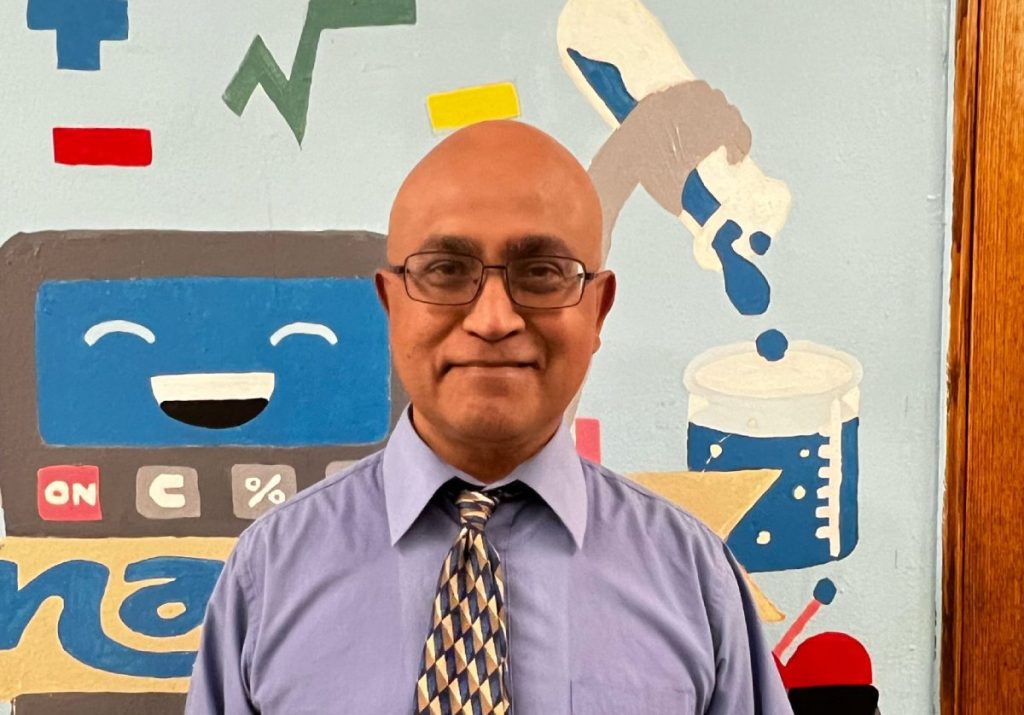Mauritius has a new government that was elected in a landslide last Sunday sweeping the incumbent from office. The results have implications for politics in other African (Mauritius, an Indian Ocean island is linked with Africa) and in Caribbean countries. The election campaign focused on the economy, high inflation in particular, arrogance of the PM (Pravin Jugnauth who also lost his seat), his Ministers, and other government officials, shades of autocracy, and the echo of ‘time for change’. The incumbents were known to abuse state apparatus and machinery, engage in corruption, delayed completion of state projects, a culture of patronage and nepotism, scandals, and disrespect for checks and balances normal to a democracy.
An alliance of opposition parties led by former Prime Minister Navin Ramgoolam won all sixty seats to parliament, the third time it has happened in the Indian Ocean Island, and in all three occasions the ruling party was ousted after governing for multiple terms. Mauritius has several similar features (slavery, indentureship, ethnic conflict, economy, sugar plantation that has now been diversified, etc.) like Guyana but a different electoral system. It has a nominal President with the PM holding the powers of government. Navin’s father was the country’s first PM and took the colony to independence; he had a long association with the late Dr. Cheddi Jagan who visited Mauritius multiple times and once talked about it as a model for Guyana’s development. Jagan knew the first two PMs very well engaging them in Mauritius and at international conferences including at Commonwealth summits. This writer also visited Mauritius multiple times as a guest lecturer and presenting papers at international diaspora conferences.

Pravin’s father, Sir Aneerood defeated Seewoosagur Ramgoolam (Sr.). Navin Ramgoolam defeated Aneerood Jugnuath who made a comeback after serving for a while as Opposition Leader. Aneerood resigned the PM’s position to become President, allowing his son Pravin to succeed him as PM.
Mauritius has an electoral system very different from Guyana and other Caribbean countries. There are twenty constituencies with each having three seats. Whichever party wins a plurality or majority of votes in a constituency wins all three seats. Elections were always free and fair; there no election riggings. To form the government, a party must win at least eleven constituencies or 33 seats. But only 31 seats are needed for a majority.
Caribbean governments should take note of what happened in Mauritius and govern responsibly and democratically paying attention to the voice of civil society and objective criticism.
Portrait de Seewoosagur Ramgoolam, le premier ministre de Maurice, à Paris, en 1969, France. (Photo by KEYSTONE-FRANCE/Gamma-Rapho via Getty Images)
